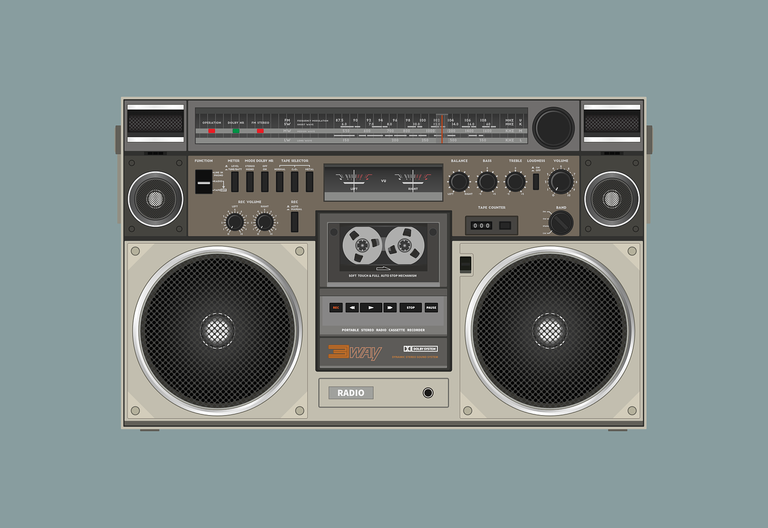

Dematerialized medias are protected by intellectual property law. Nevertheless, video games have a special status, that of a complex work. In a judgment of June 25, 2009 (Source 1), the french Cour de cassation in its first civil chamber clarified the special status of video games: “a video game is a complex work which cannot be reduced to its sole software dimension, whatever the importance of this, so that each of its components is subject to the regime which is applicable to it according to its nature ”, thus each part of the game namely the code, the sounds, the visuals will be protected by the rules specific to these types of works.
When the consumer buys the physical medium, that is to say the CD, DVD or the cassette of a music or a film for example, he becomes the owner of the medium. As such, he can use it to enjoy the work. He does not own the work itself, but can resell the physical medium containing the work that he has purchased.
This principle is affirmed by European law in point 28 of the directive 2001/29 / EC (Source 2): “Copyright protection under this Directive includes the exclusive right to control distribution of the work incorporated in a tangible article. The first sale in the Community of the original of a work or copies thereof by the rightholder or with his consent exhausts the right to control resale of that object in the Community. ”
Then in 2006, the principle was transposed into article L.122-3-1 of the French Intellectual Property Code.
Thus, within the European Union, from the moment the consumer buys a work on a physical medium, it is no longer possible to prohibit and hinder the resale of the physical medium.
The legal conflict of digital resale: the case of Steam
On the one hand, French justice will reinforce the right to resell digital works. In a judgment of September 17, 2019, the tribunal de grande instance of Paris ruled in favor of “UFC-que-choisir” in conflict with Valve, the company owning the Steam platform (Source 3).
The Valve company prohibits the resale of games and software purchased on its platform. In the Steam Subscription Agreement (Source 4) in 1.C relating to the user account:
“Your Account, including any information pertaining to it (e.g .: contact information, billing information, Account history and Subscriptions, etc.), is strictly personal. You may therefore not sell or charge others for the right to use your Account, or otherwise transfer your Account, nor may you sell, charge others for the right to use, or transfer any Subscriptions other than if and as expressly permitted by this Agreement ( including any Subscription Terms or Rules of Use) or as otherwise specifically permitted by Valve. ”
The French judgment will requalify the word "subscription" to "purchase", this is indicative of the state of mind of Steam. Although you pay the same price for the product in the physical market, you are here only as a subscriber to that game, we do not have any rights to use it. Steam has a right of life or death: your purchases are blocked within the platform and share its fate. The games are protected by Digital Rights Management, which prevents the games from being used outside the framework of the platform. If in a hypothetical future the platform disappears, our “subscriptions” would also disappear. The tribunal de grande instance will agree with “UFC-que-choisir”. However, the legal battle is not over, and the Court of Justice of the European Union will be a game-changer in Valve's favor.
In a case concerning the resale of electronic books, ebooks. The Court of Justice of the European Union will agree with the ban on resale (Source 5). Here is their reasoning: “The application of that rule of exhaustion to e-books would be likely to affect the interests of rightholders in obtaining appropriate reward much more than in the case of books on a material medium, since dematerialized digital copies of e-books do not deteriorate with use and are, therefore, perfect substitutes for new copies on any second-hand market.“.
The Court considers that the absence of a physical medium implies that the work is resold as a new product. Therefore, authorizing the resale of this product "identical and indistinguishable from new" harms the interests of the owners of the work.
Only three months after the French judgment, there is no doubt that this will revive the debate between UFC which to choose and Valve before the Paris Court of Appeal. French and European justice thus do not agree on the application of the texts. It is likely that we will never be able to resell our digital purchases.
Posted from my blog with SteemPress : http://blog.economie-numerique.net/2021/01/15/are-we-still-owner-of-the-dematerialized-content-we-bought/